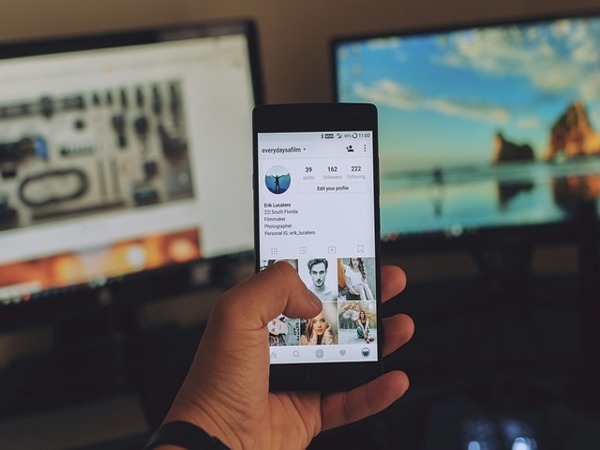Living in Lagos, Nigeria, I had always been cautious with my finances, but I never imagined that one careless mistake online could put my entire financial life at risk.
The Beginning of the Nightmare
It all started one evening when I received an email that appeared to be from my bank. The message was urgent, claiming that my account had been compromised and that I needed to verify my identity to secure it. The email looked so convincing—complete with the bank’s logo and professional language—that I didn’t think twice before clicking the link.
The link took me to what seemed like my bank’s website, where I was prompted to enter my login details. Within minutes of providing this information, I received an alert on my phone—several large withdrawals were being made from my account. Panic set in as I realized I had been scammed.
The Aftermath
I immediately called my bank to report the suspicious activity, but the damage had already been done. Over ?500,000 had been withdrawn from my account. The bank initiated an investigation, but they informed me that recovery might be difficult due to the sophistication of the fraud.
I was devastated. Not only was my hard-earned money gone, but my confidence in online transactions was shattered. I had always prided myself on being financially savvy, but this experience made me realize how vulnerable I was to online threats.
Learning the Hard Way
After the incident, I began to educate myself on online security. I discovered that what I had fallen victim to was known as phishing—a common tactic used by cybercriminals to steal personal information by masquerading as a trustworthy entity. I learned that phishing emails often have subtle signs, such as misspellings, generic greetings, or slight variations in the sender’s email address.
Determined to protect myself in the future, I took several steps to secure my online identity:
Enabled Two-Factor Authentication (2FA): I immediately enabled 2FA on all my online accounts, including my bank accounts and social media profiles. This added an extra layer of security, ensuring that even if someone got hold of my password, they would still need a second form of verification to access my accounts.
Regularly Updated Passwords: I began changing my passwords every three months and ensured that each password was unique and complex. Instead of using easily guessable information, I used a combination of letters, numbers, and symbols.
Monitored My Accounts: I started keeping a closer eye on my bank statements and set up alerts for any unusual activity. This allowed me to catch any unauthorized transactions early.
Educated Myself on Online Scams: I made it a point to stay informed about the latest online scams and fraud tactics. I subscribed to cybersecurity blogs and followed trusted news sources to keep up with new threats.
The Turning Point
As I became more vigilant, I realized that I wasn’t the only one at risk. Many Nigerians, especially those less familiar with online security, were vulnerable to similar scams. I decided to share my experience with friends, family, and colleagues, urging them to take their online security seriously.
One day, I received a call from a friend, Tunde, who had received a similar phishing email. Thanks to the advice I had shared with him, he recognized the scam and avoided falling into the trap. This was a turning point for me—I realized that my experience could help others avoid the same mistakes.
Step-by-Step Solutions to Avoid Online Identity Theft
If you want to protect yourself from online identity theft, here are some practical steps you can take, especially within the Nigerian context:
Be Skeptical of Unsolicited Emails: Always be cautious when you receive emails asking for personal information. Verify the authenticity of the sender by contacting the company directly using a phone number or website you know is legitimate.
Look for Red Flags: Phishing emails often contain spelling errors, generic greetings, or suspicious links. If something feels off, it probably is.
Use Strong Passwords: Create strong, unique passwords for each of your accounts. Avoid using easily guessable information like your name or birthdate.
Enable Two-Factor Authentication: Whenever possible, enable 2FA on your accounts. This adds an extra layer of security by requiring a second form of verification.
Keep Your Software Updated: Ensure that your computer and mobile devices have the latest security updates. Outdated software can be a gateway for hackers.
Educate Yourself: Stay informed about the latest online scams. Knowledge is your best defense against cybercriminals.
Conclusion
My experience with online identity theft was a wake-up call, but it also became a learning opportunity. By taking proactive steps to secure my online presence, I was able to regain control of my financial life. I hope my story serves as a reminder to others—especially in Nigeria—of the importance of online security. Protect your financial information as if your life depends on it, because in many ways, it does.

.jpg)







